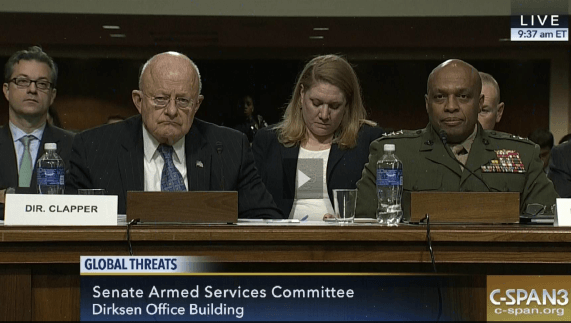WASHINGTON, DC — This week, a coalition of Christian church and organizational leaders in the U.S. made an urgent appeal to President Biden, to intervene on behalf of the Armenians of Artsakh.
In their August 29 letter, more than 40 faith leaders voiced concerns over the continuing blockade of Artsakh and the humanitarian crisis it has caused.
“We urge you,” the letter reads, “to use the influence of your good offices to seek an immediate end to the devastating Azerbaijani blockade of the Lachin Corridor, which is the only point of access to more than 120,000 Armenians who live there and whose families have resided there for centuries. Of the 120,000 Armenians at risk, 9,000 of them are people with disabilities, 20,000 of them are elderly, and 30,000 of them are children, particularly vulnerable to the effects of starvation.”
The religious leaders left no doubt in their appeal that the Armenians of Artsakh are facing a “soft genocide” due to the blockade, whose goal is to deprive the people of food and other essentials needed for survival. The letter references (and links to) recent reports from expert observers, United Nations officials, and human rights groups, all attesting to the gravity of the situation and the need for intervention to prevent a large-scale human tragedy.
An emphatic final statement implores President Biden “to take urgent action to end the blockade of Artsakh, to provide the necessary humanitarian assistance that is needed to sustain life and to ensure that such supplies can be delivered, and to end the suffering of the people of Artsakh so that the soft genocide we are witnessing is averted. We also urge you to do all that you can to seek an immediate diplomatic solution—including working with international partners and the governments of Azerbaijan and Turkey—to find a resolution to this continuing political crisis and humanitarian disaster.”
The letter emerged from an August 14 video conference call, organized by Armenian Church Eastern Diocesan Primate Fr. Mesrop Parsamyan and Diocesan Legate and Ecumenical Director Archbishop Vicken Aykazian. During that conference, Fr. Mesrop thanked the high-ranking faith leaders for their earlier support of Armenia and Artsakh, and gave an overview of the present crisis and its background in the long-simmering Karabakh conflict.
“We are living through another time of trouble,” the Primate told listeners. “It is not the first such time in Artsakh’s long history. But this time, the stakes are very high; the forces against us are very powerful. The urgent truth is that this time, the very existence of Artsakh as an Armenian Christian land is at stake; its material culture, its heritage, its people are all at risk of extermination.”
Archbishop Aykazian then described the present situation in detail, aided by Armenian community activists Sonya Nersessian and Lenna Hovanessian. The audience members—made up of leaders from the American ecumenical groups National Council of Churches, Christian Churches Together, and other faith organizations—were deeply moved by the presentation and suggested taking action through a direct appeal to the President.
Their letter of August 29 was the result, which is reproduced below, along with the list of distinguished signatories, and active hyperlinks to the international reports referenced in the text.









